These call out cards cover many of the common and important areas of digital citizenship including textual harrassment. Perhaps your students could create further examples for their own use?
Useful Resources for Adults who work with Young People
We like these posters on Digital Citizenship and that the creator encourages all teachers to share their resources too.
Positive and clear messages to share in your classroom and school.
'Google, more than perhaps any other company, is aggressively putting sensors and the software to activate them into our environment.
The just-unveiled Moto X phone... has a custom microchip that allows it to listen for voice commands literally all the time, even when the phone is "asleep". Google's Chrome web browser now supports voice commands; that means it's also rolled into every Chrome OS notebook computer.
Google's face-based computer, Google Glass, responds to voice commands...voice is a dominant theme in the future of Google, and is clearly slated to make its way into every product the company makes.'
Read the full article here.
Infographic clearly shows how the information we share makes it easy for burglars to target us.
A useful infographic and cheatsheet displaying the settings of popular socialmedia with suggestions how young people can help protect themselves.
How would life be different without Facebook? Watch this very short video to find out.
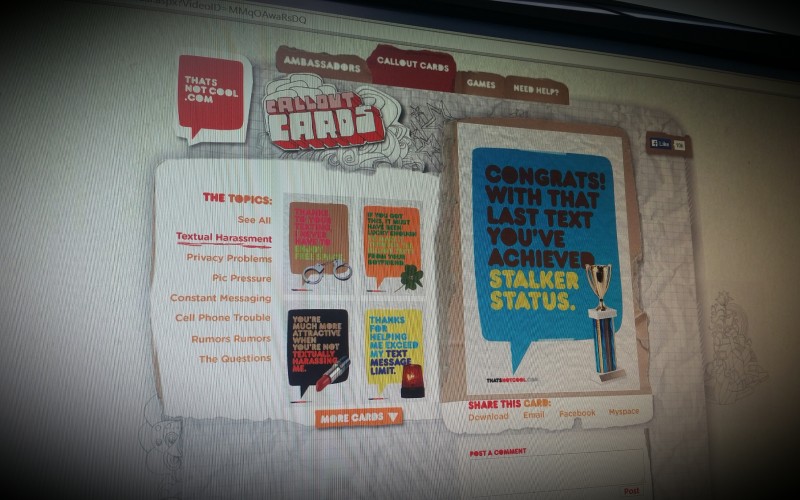
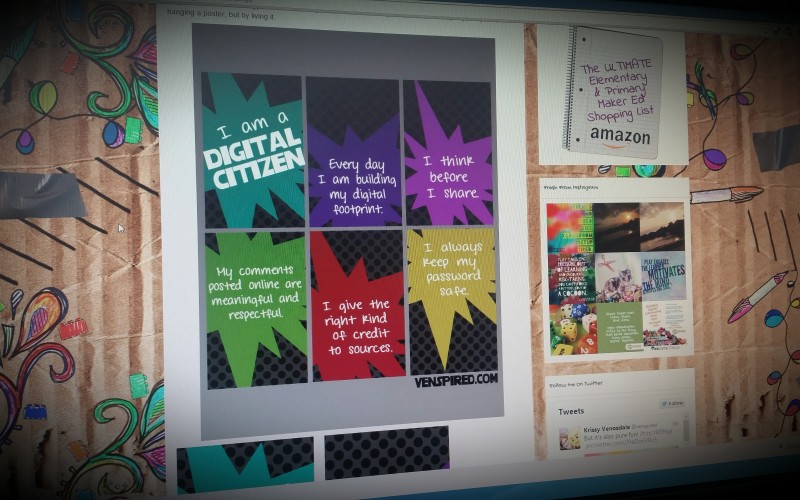
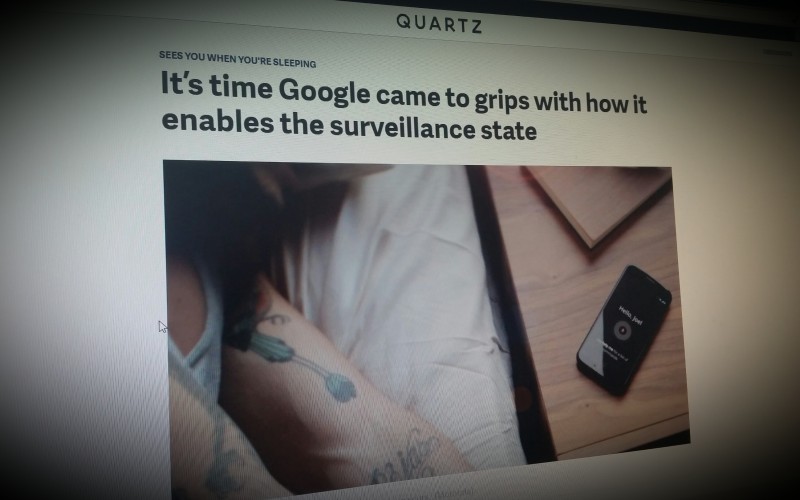
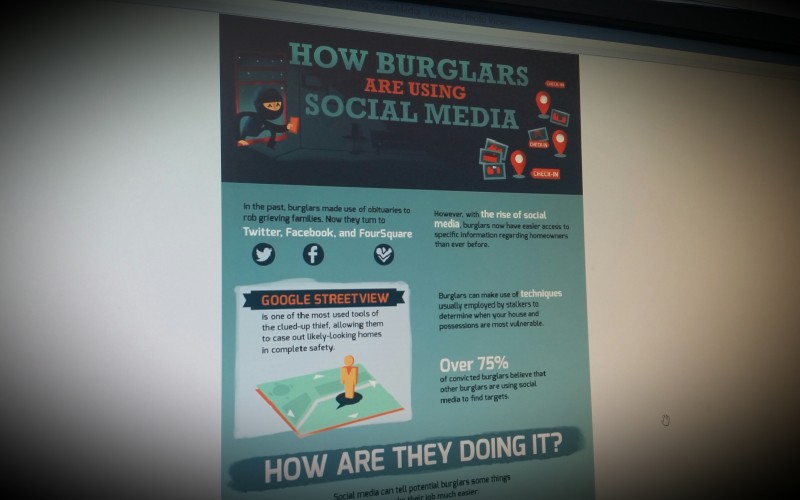
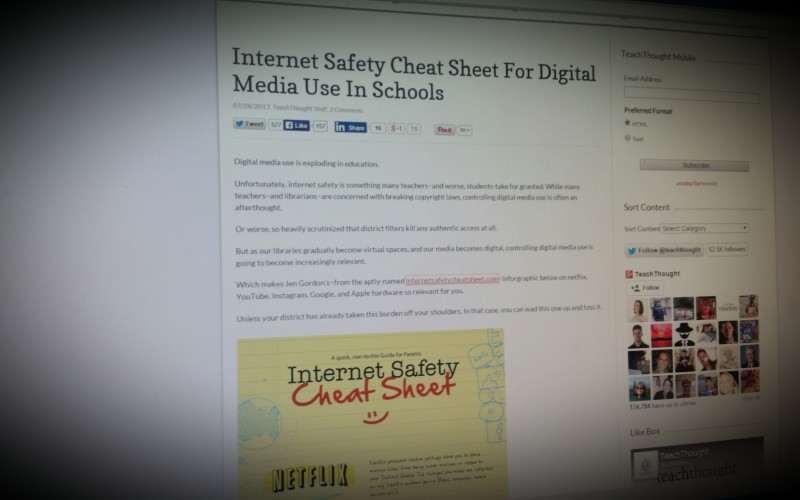
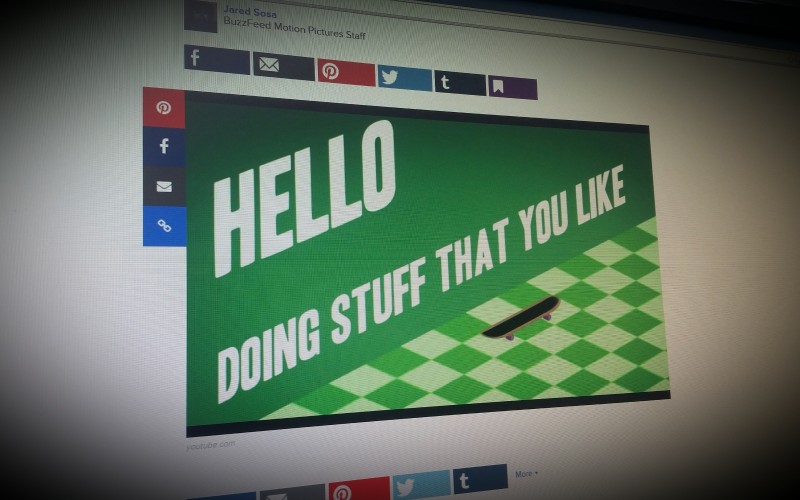
Comments
make a comment